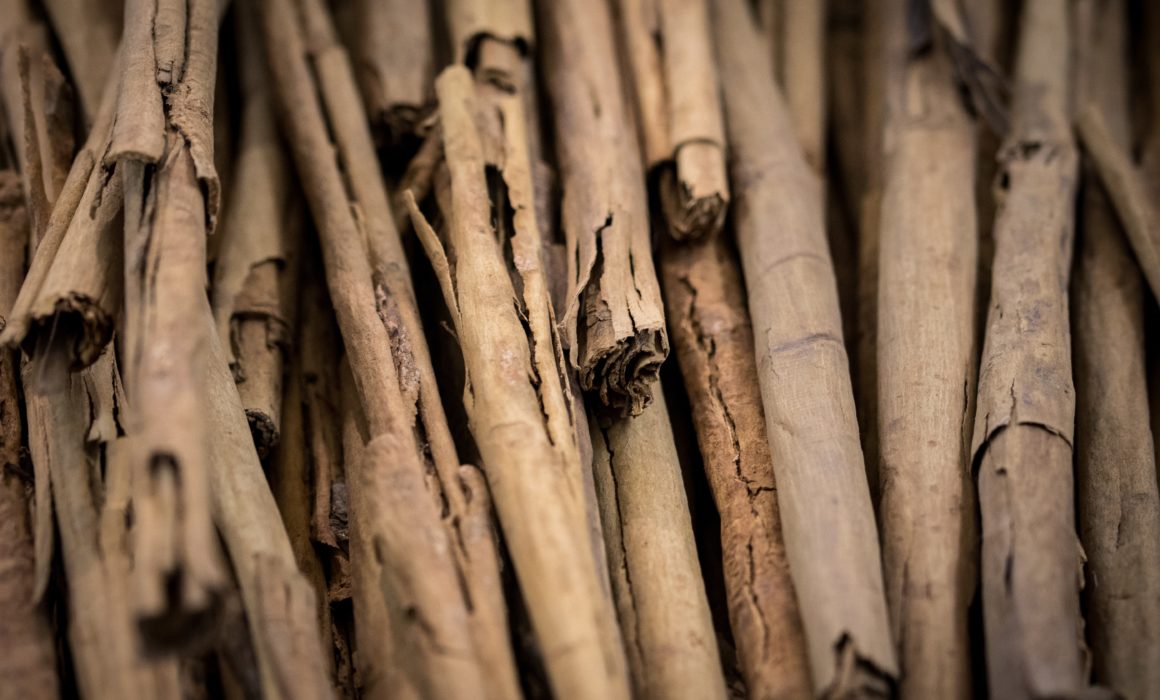Insulin resistance — a hormone imbalance that can lead to obesity, diabetes, cardiovascular disease, cancer and dementia — is the silent epidemic nobody is talking about in Australia.
READ: Insulin resistance: Are you at risk?
READ: Can you reverse insulin resistance?
Many herbs are beneficial in insulin resistance, including bitter melon, goat’s rue, and gymnema. A professional naturopath or herbalist should prescribe herbal medicine.
Cinnamon
Well known for its culinary uses, cinnamon has powerful effects on insulin and blood sugar control. A multitude of studies have found that it improves insulin receptor sensitivity.
Even after a carbohydrate-rich meal, 3g of cinnamon leads to significant lowering of insulin.
Doses between 3-10g are effective in the treatment of insulin resistance.
Berberine-containing herbs
Berberine is a constituent found in various plants, such as coptis, Oregon grape, barberry, and goldenseal. It has powerful and broad-ranging actions, being antimicrobial, antioxidant, anti-inflammatory, anti-diabetic, and anti-obesity.
Its benefits in blood sugar control have been extensively studied and it is known to enhance insulin sensitivity.
One randomised, controlled clinical trial involving 89 women with PCOS and insulin resistance compared berberine against the commonly used drug Metformin. Not only was it shown to be as effective as Metformin in lowering insulin, it had greater weight loss benefits and significantly lowered waist circumference and waist-to-hip ratio.
Interestingly, animal experiments show that it can reduce appetite.
While other studies show it increases endotoxin binding, which lowers the inflammation associated with an imbalanced gut microbiome, this may partly explain its beneficial effects in insulin resistance.
Berberine needs to be prescribed by a naturopath or herbalist, because it can alter the diversity of the gut microbiome and shouldn’t be used for extended periods.
Nigella sativa
Sometimes known as black seed, nigella has been used in European, Middle Eastern and Ayurvedic traditional medicine and is well-known for its anti-diabetic activity.
Nigella seeds, they oil they produce, and other extracts have been studied for their impact on insulin and glucose.
Nigella enhances insulin sensitivity in both human and animal studies, an effect that is enhanced with the addition of alpha lipoic acid.

